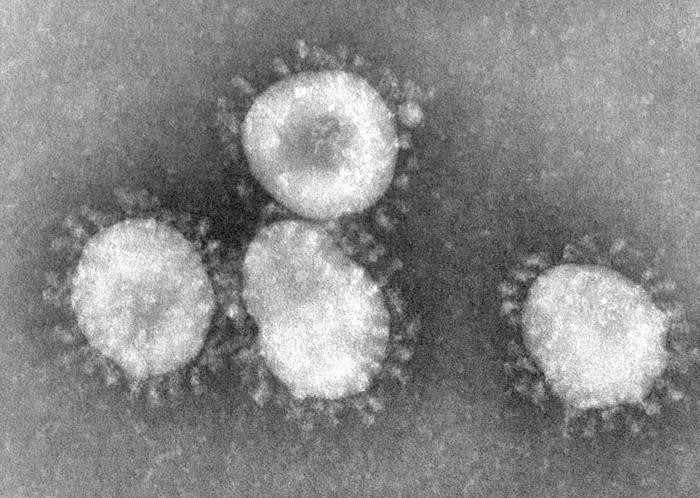UK Coronavirus Death: Scientists Warn Virus Multiplies Faster than Sars

The coronavirus that has claimed the life of its first British victim is able to multiply itself at a faster initial rate than Sars and is "well-adapted" to infecting humans, researchers have said.
Research published in mBio, the online open-access journal of the American Society for Microbiology, said the virus that emerged in the Middle East penetrates the lining of the passageways in the lungs.
It evades the immune system as easily as a cold virus, meaning that the coronavirus - named HCoV-EMC - is well equipped for infecting human cells.
Lead author Volker Thiel, of the Institute of Immunobiology at Kantonal Hospital in St Gallen, Switzerland, said: "Surprisingly, this coronavirus grows very efficiently on human epithelial cells."
They found that the virus had the infection ability of Severe Acute Respiratory Syndrome, which killed more than 700 people around the world a decade ago.
Thiel and his team tested how well the virus could infect and multiply in human lung tissue.
They found that the lining of the lung, which acts as the first initial barrier against respiratory infections, puts up little resistance to the HCoV-EMC.
How does coronavirus spread?
Research showed airway cells are highly susceptible to the virus and that it is able to multiply at a faster initial rate than Sars.
The scientists found that it can be treated with interferons, components of the immune system, but that has implications for disease management in the event of a widespread outbreak.
They found they could manipulate cells to mount an immune response, reducing the number of infected cells.
Despite this, Thiel said they have no knowledge of how the coronavirus would spread.
"We don't know whether the cases we observe are the tip of the iceberg or whether many more people are infected without showing severe symptoms," he said.
Twelve people have been diagnosed with the coronavirus and six have died: three in Saudi Arabia, two in Jordan and one in the UK.
The British patient died at the Queen Elizabeth Hospital in Birmingham on Sunday. They had caught the infection from a family member.
Scientists believe that the coronavirus originated from bats.
© Copyright IBTimes 2025. All rights reserved.






















